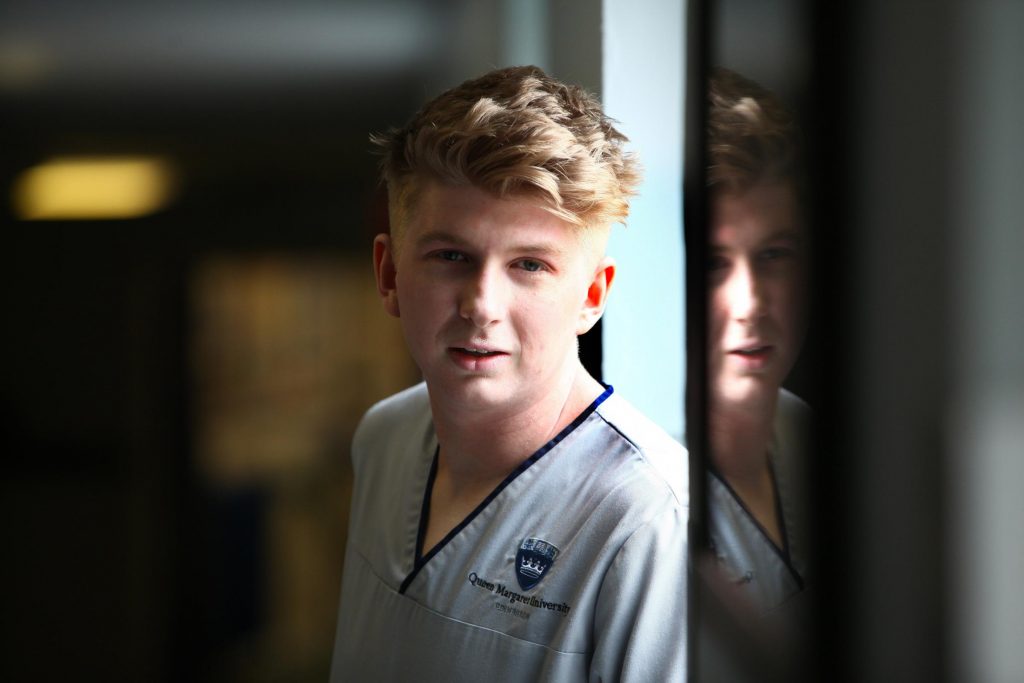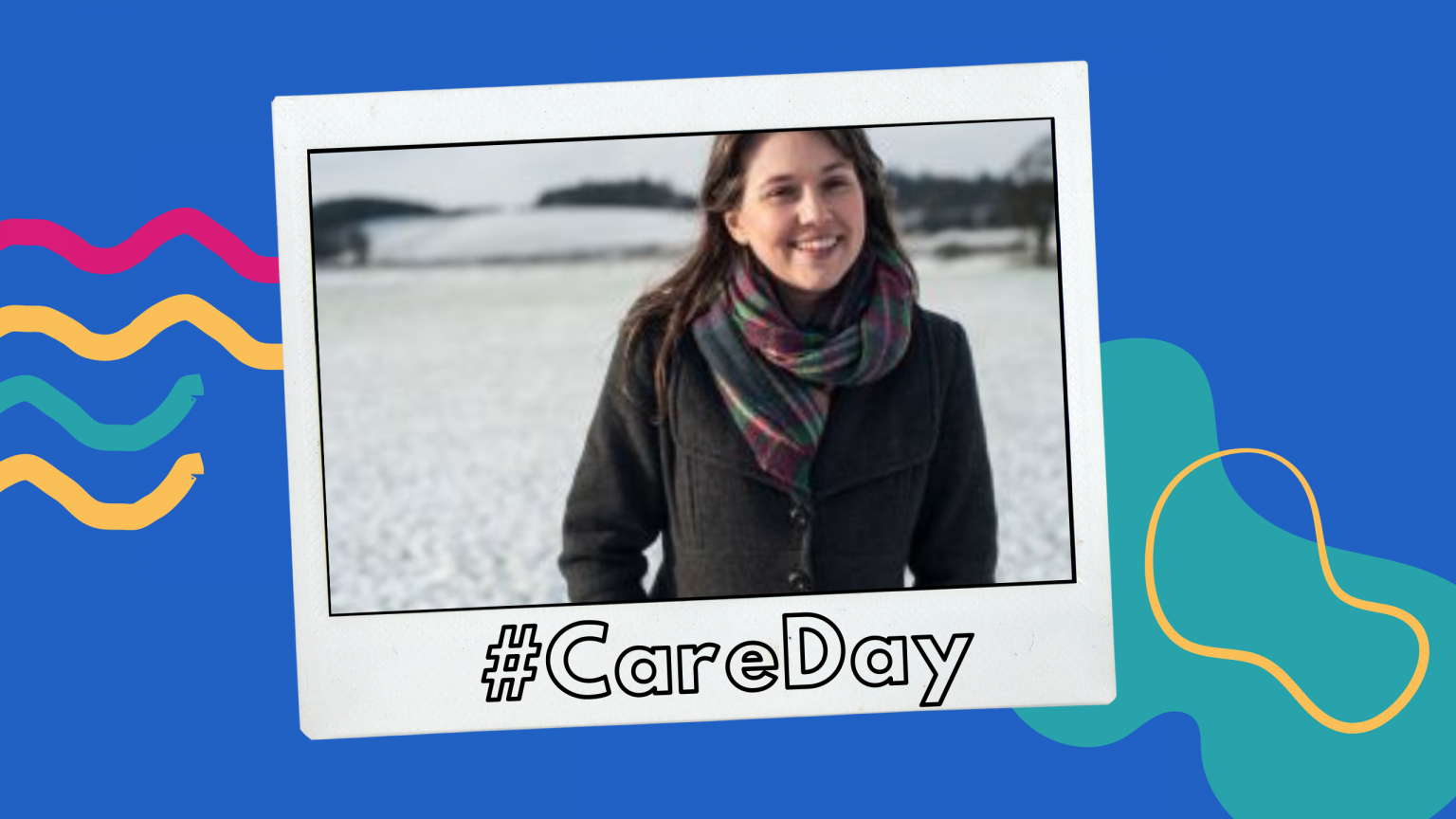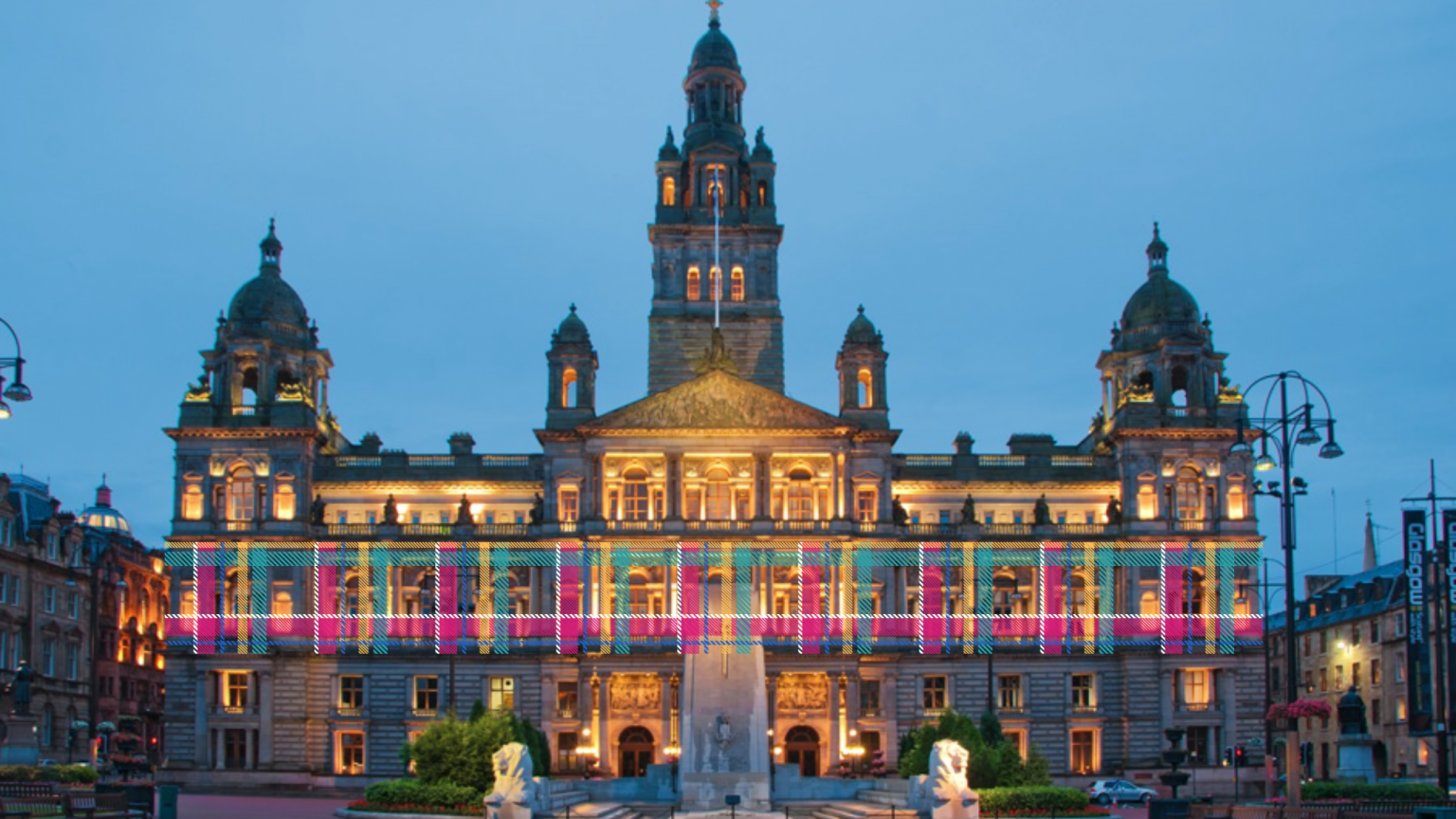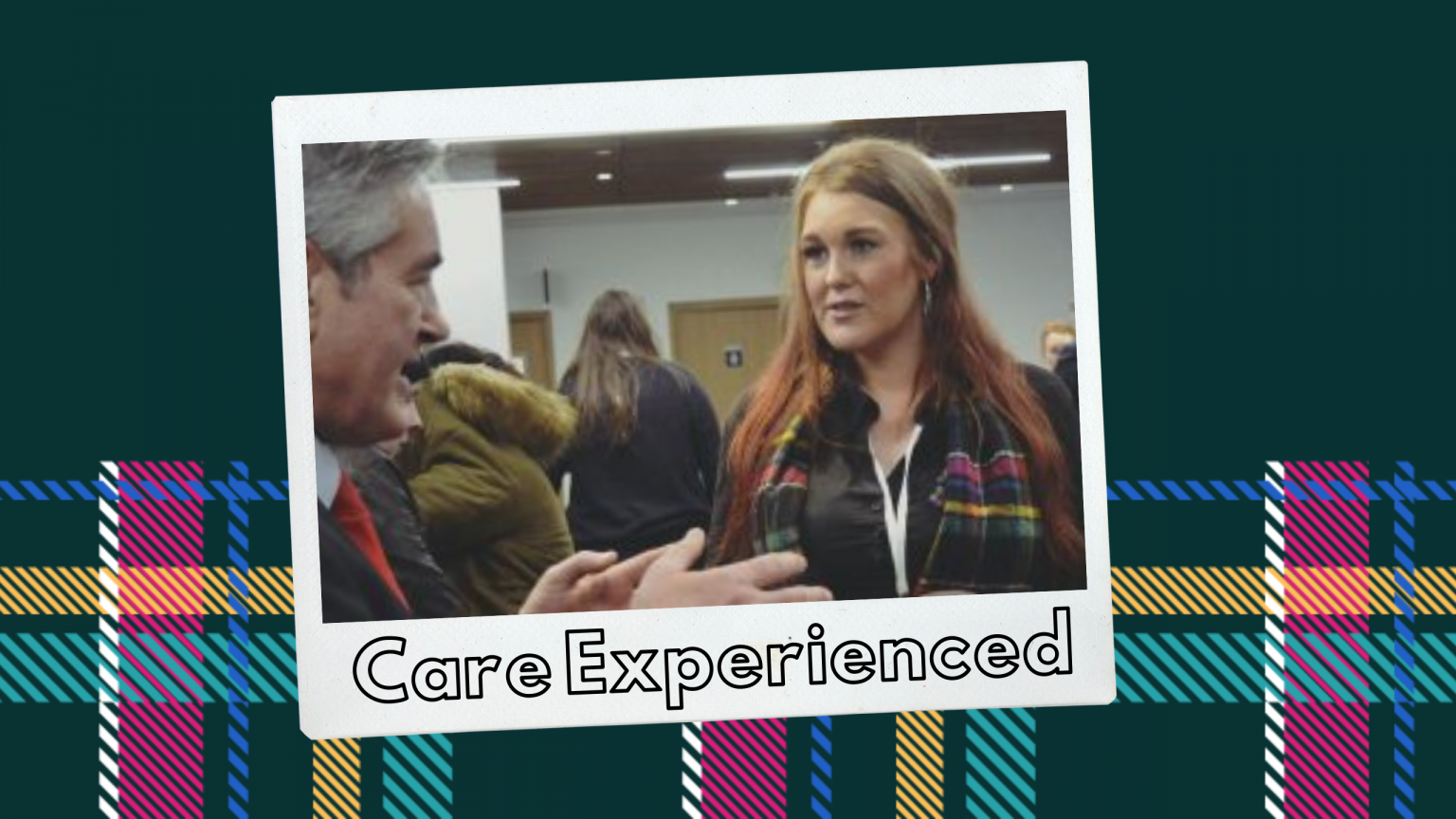Harry O’Neill is a member of Who Cares? Scotland and met Nicola Sturgeon as part of the Who Cares documentary. In this blog, Harry writes about what it means for the First Minister to have listened to care experienced people:
Meeting Nicola Sturgeon, the First Minister of Scotland felt surreal. Like some daydream or moment you play over and over in your head. Only it was happening and I was alongside my care experienced peers, in Bute House, talking about my life.
During our conversation we stood up for young people in care and told the First Minister what it’s really like to go through the care system in Scotland today.
We told her that what children and young people really need is love and someone who believes in them. Unfortunately, that’s not something our care system is providing for every young person.
The outcomes for young people who come through the system are a worry for us all. Less likely to get a good education, more likely to be homeless, in prison, and with mental health disorders, care experienced people are seriously marginalised in our society. They’re stigmatised and find barriers to getting on in life that most other people do not.
Nicola Sturgeon is the most influential corporate parent in Scotland and like all good parents, she wants to know her children. That’s why it was so important for us highlight the reality of life in care when we met her.
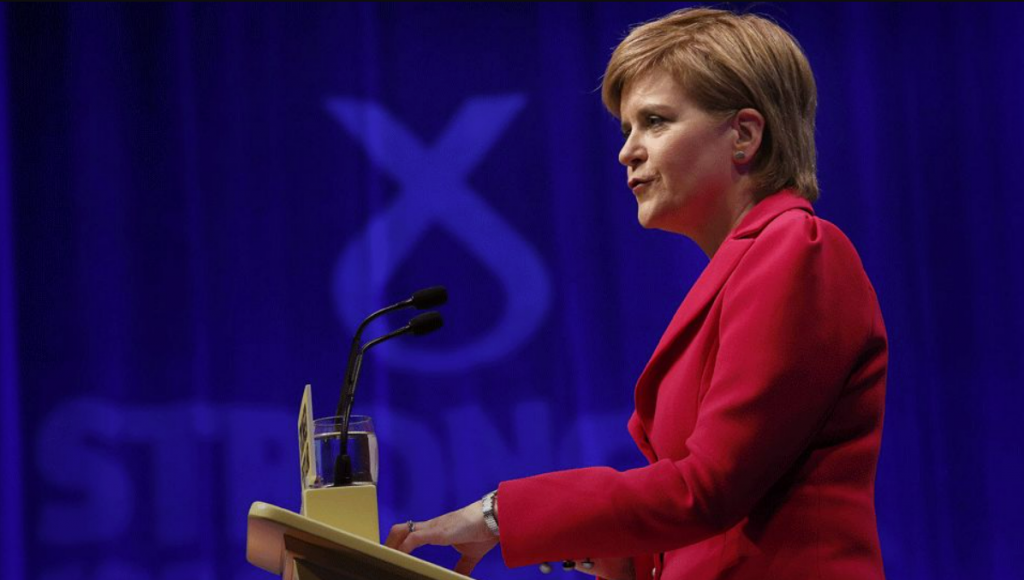
The First Minister has announced that the Government will launch a review of the care system in Scotland. This tells me that she didn’t just hear us – she truly listened.
It is impossible to put into words how elated I am that not only were our voices heard, action is now being taken to change and rebuild the broken care system.
This is an unprecedented moment for care and care experienced people in Scotland. I would like to say a huge thank you to Nicola. This means the world to us.
Something Who Cares? Scotland strives for is to get the voices of care experienced people heard, because it’s the best way to understand what it’s really like to go through care.
In her speech, the First Minister said:
‘The review will be driven by the experiences of those who are in care and have been in care. That is not something any other country has ever tried to do. We will do it here in Scotland first.’
This is what gives me the most hope. It means that the voices of care experienced people, like myself, will be the ones to shape the system.
For it to be recognised that the care system is not working is a massive achievement, and to help change it is even bigger.
It makes the hard times of being in care for all care experienced people, the unnecessary pain of moving between placements, families, residential care homes, separation from siblings, the lack of support and the harsh judgement from others won’t have been for nothing.
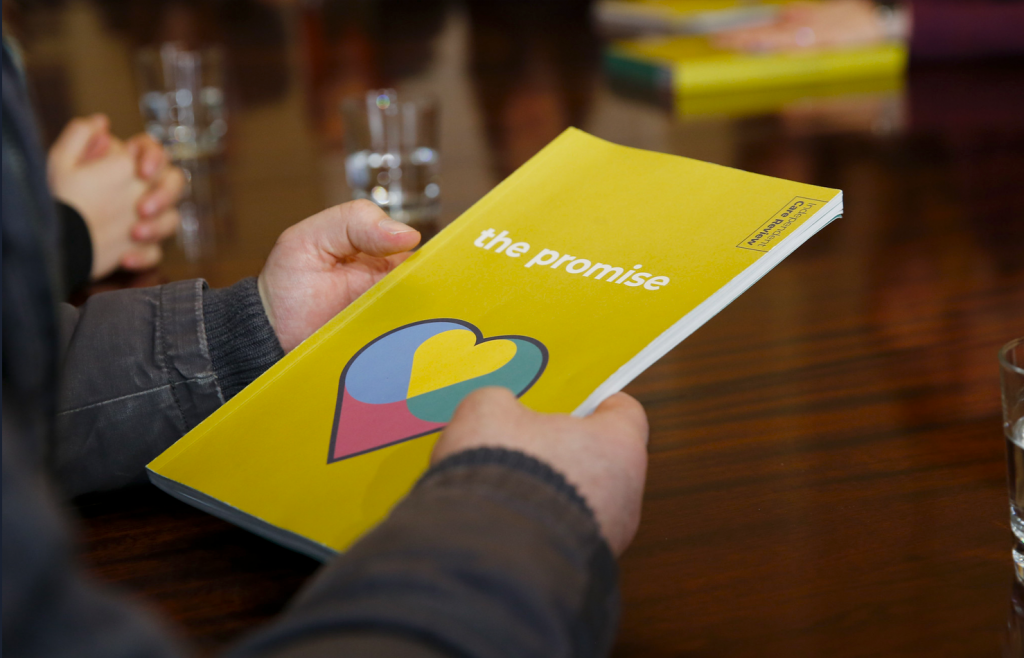
It should mean that no one will have to go through that again. We are determined to make sure this is the case.
I am considered by others as someone who is in a ‘positive destination’ and I worked hard to be where I am. I cannot say, however, that luck didn’t play a part.
I had stable support from so many people, people who would pick me up when I was down, tell me when I needed to stop messing around and people who told me I was worth something.
Everyone’s experience of care will be vastly different but for me it was the love of people that saw me through. That’s why I’m glad that the First Minister highlighted the work of great staff delivering care and made it clear that the review will learn from where things are already going write.
Even with my positive experience, growing up in care, in a world that doesn’t understand you is hard to deal with.
I had to explain to my friends why I was talking about my “staff” all the time or why the police had to check their house before I could sleep over. I had to sign for my pocket money and ask for a receipt with every purchase. I had go to meetings every few months and felt I had to put on an act. I used big words and acted, participating in a way that was easier for adults, so that I would be listened to. I had most of my teenage years logged in a house diary so that when staff shifts changed, they knew what mood I was in.
These were the reasons that I felt I had to share my story in the Who Cares? STV Documentary. I want to see less system and more care. Young people will do better when se start to embrace the care, that is seldom placed ahead of procedures and processes.
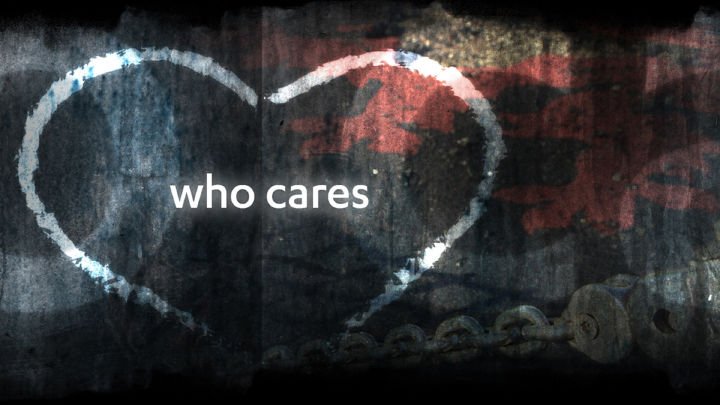
It was scary putting that much of my emotion and story into the world for anyone to see but I did it because I needed people to know what it was like. Growing up in care was my reality.
It’s important now that we look forward to what the future holds and see this review through. I’m overwhelmed when I think about the possibilities. This review could mean that brothers and sisters get kept together. That no young person is locked up in a secure unit. That it will be demanded that a child is loved, not just cared for. That every young person who is taken into care is loved, championed and looked after like I was.
We know that if care experienced people are listened to, these changes and many more will be made.
Being part of Who Cares? Scotland makes me feel like part of a huge wider family, and that’s something all care experienced people should feel. I know we’ll all be watching and hopefully be involved in what happens over the coming months and years to see how the care system changes.
I’m so proud to have been part of this amazing moment in history and I’m proud to be part of this movement.
This is an opportunity for us, as a society, to re-imagine what care is. Let’s grab it with both hands.



